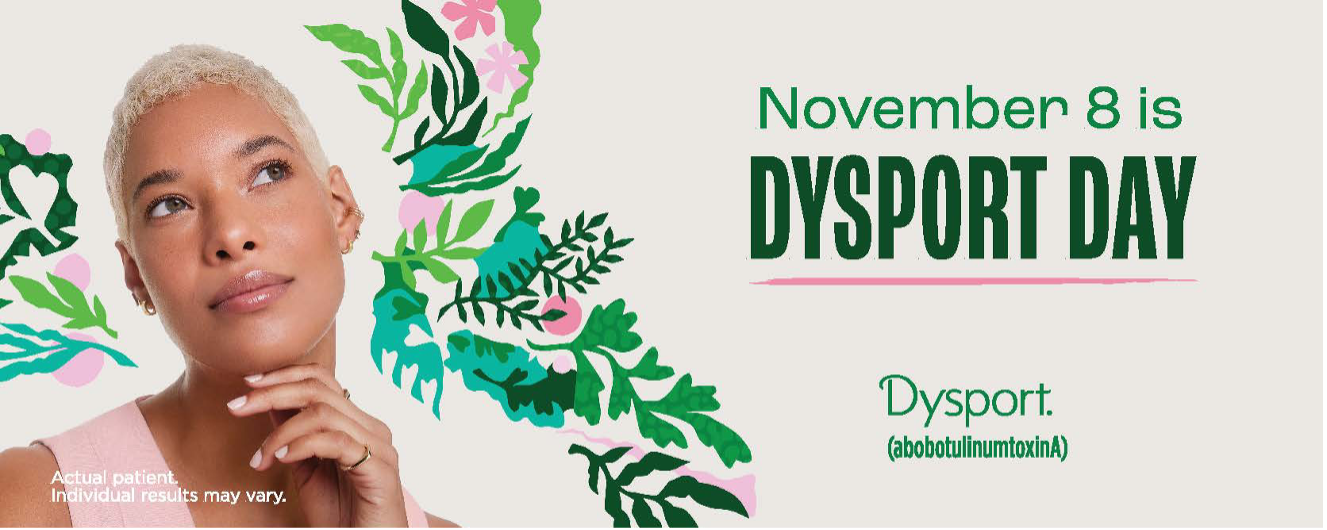Unlocking the Mental Health Benefits of Botox: How Injections Can Improve Depression, Anxiety, and Self-Esteem.
Botox is most commonly known for its cosmetic benefits, such as reducing the appearance of wrinkles and fine lines, flipping a lip, or even helping people control sweating. However, recent research suggests that Botox may also have mental health benefits.
Battling Depression with Botox
One study published in the Journal of Clinical Psychology found that Botox injections can improve symptoms of depression. The study involved 60 individuals who received Botox injections in the frown lines between their eyebrows. The participants reported a significant reduction in symptoms of depression after the injections.
Relieving Anxiety with Botox
Addressing depression isn’t the only mental health advantage that Botox injections may help.
Another study published in the Journal of Psychiatric Research found that Botox injections can improve symptoms of anxiety in people. The study involved 30 individuals with social anxiety disorder who received Botox injections in the frown lines between their eyebrows. The participants reported a significant reduction in symptoms of anxiety after the injections.

Boosting Self Esteem with Botox
Botox may also help improve self-esteem and body image. A study published in the Aesthetic Surgery Journal found that individuals who received Botox injections reported improved self-esteem and body image compared to individuals who did not receive the injections.
Botox and the Brain
Botox also dampens negative emotions in people with borderline personality disorder, who suffer from extreme mood swings.
One way that Botox may help the brain and negative emotions is by reducing muscle tension in the face.
Studies have shown that when a person is experiencing negative emotions such as anger or sadness, there is an increase in muscle activity in certain areas of the face, such as the frown lines between the eyebrows. Botox works by temporarily paralyzing the muscles in these areas, which can reduce the physical manifestation of negative emotions.
Another way that Botox may help the brain and negative emotions is by reducing the activity of certain neurotransmitters. Botox has been found to inhibit the release of acetylcholine, a neurotransmitter that plays a role in the experience of pain and emotional states. By reducing the activity of acetylcholine, Botox may help to alleviate symptoms of depression and anxiety.
If you are considering the use of Botox for primary reasons other than cosmetic – a s mentioned above – remember it’s important to consult with a healthcare professional before considering Botox treatment and to use it in conjunction with other treatments.
Sources:
- Journal of Clinical Psychology, “Depression and the Response to Botulinum Toxin: A Case Series”
- Journal of Psychiatric Research, “Treatment of social anxiety disorder with botulinum toxin A: a randomized, double-blind, placebo-controlled trial”
- Aesthetic Surgery Journal, “Body Image and Self-Esteem Following Botulinum Toxin A Injections”







